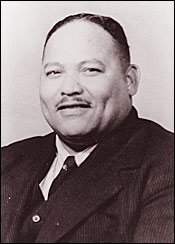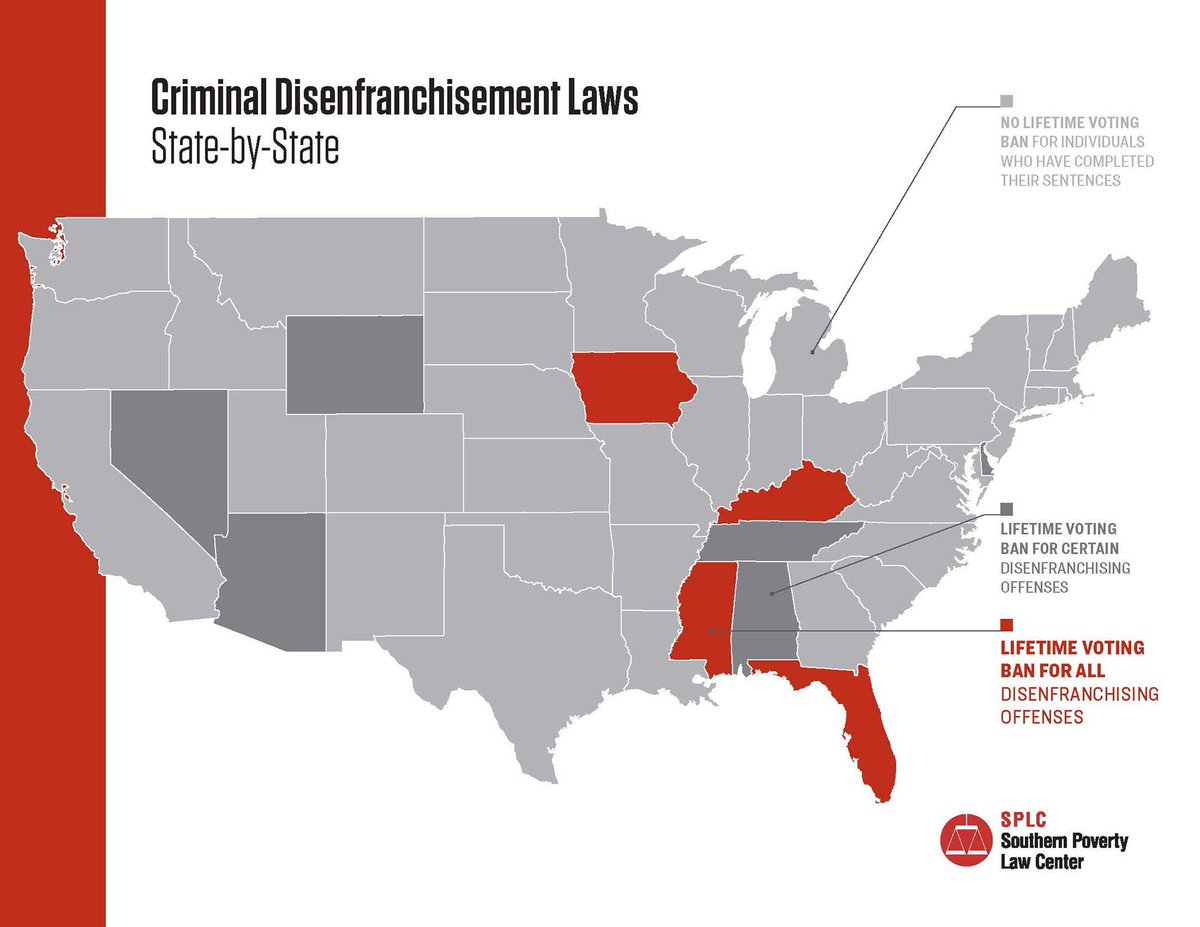On this day in 1965, President Lyndon B. Johnson signed into law the Voting Rights Act, prohibiting racial discrimination in voting. 

The road to this landmark piece of legislation was long and deadly.
Many people — mostly people of color — gave their lives for the fight. People like Rev. George Lee, 1 of the first black people registered to vote in Humphreys Co., MS. White officials offered Lee protection if he ended his voter registration efforts. Lee refused + was murdered. 

Lamar Smith was shot dead on the courthouse lawn by a white man in broad daylight while dozens of people watched. The killer was never indicted because no one would admit they saw a white man shoot a black man. Smith had organized blacks to vote in a recent election. 

Herbert Lee, who worked with civil rights leader Bob Moses to help register black voters, was killed by a state legislator who claimed self-defense and was never arrested. Louis Allen, a black man who witnessed the murder, was later also killed. 

Rev. Lee, Mr. Smith + Mr. Lee were just three of the many martyrs in the fight for civil rights. And while the signing of the VRA put into written law much of what those men and women fought for, in reality, #themarchcontinues.
montgomeryadvertiser.com/story/opinion/…
montgomeryadvertiser.com/story/opinion/…
From the Jim Crow era to now, we have seen efforts – including felony disenfranchisement, poll taxes and voter ID laws – aimed at stripping our fellow Americans of their right to vote.
This is especially true in Florida, where 1.4 million people are excluded from voting. These men & women – disproportionately representing communities of color – have done their time, paid their debts to society, and yet, we continue to silence them. splcenter.org/news/2018/01/2…
But that can all change in 2018 with the Voting Restoration Amendment — a Florida ballot initiative that gives Florida voters the choice to return the eligibility to vote to those who have fully completed their sentences. And you can help.
Help us educate Floridians about the amendment by phone banking with us. There’s a shift today, and two more in the coming months. Anyone can volunteer, and calls can be made from your home. splcenter.org/florida-voting…
Voting is a vital part of our democracy, and we should do all we can to ensure everyone has an opportunity to vote. secure.everyaction.com/F_OnyZa1eEGFd1…
• • •
Missing some Tweet in this thread? You can try to
force a refresh








